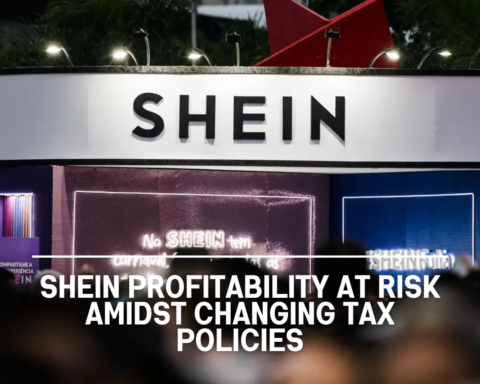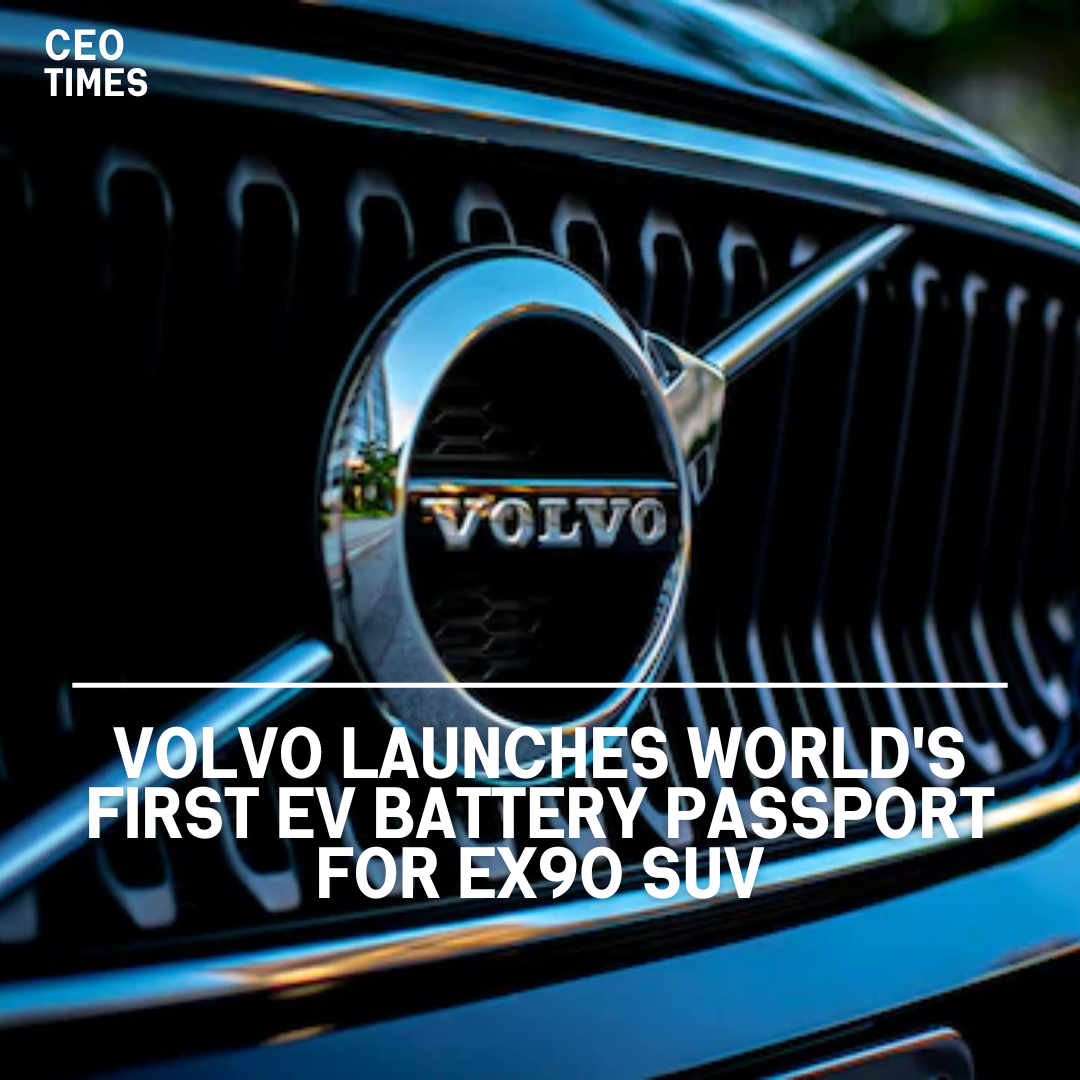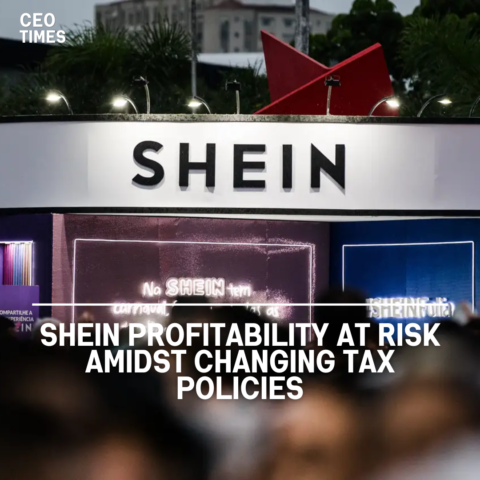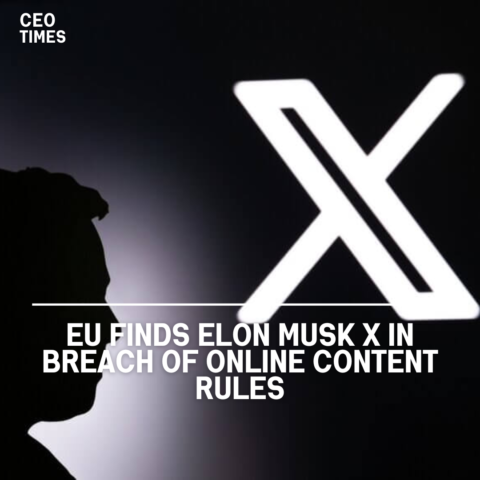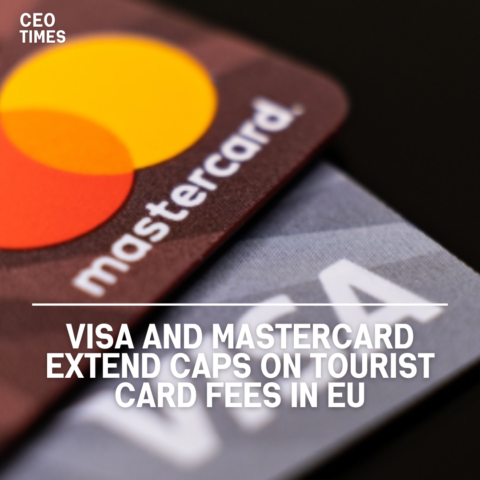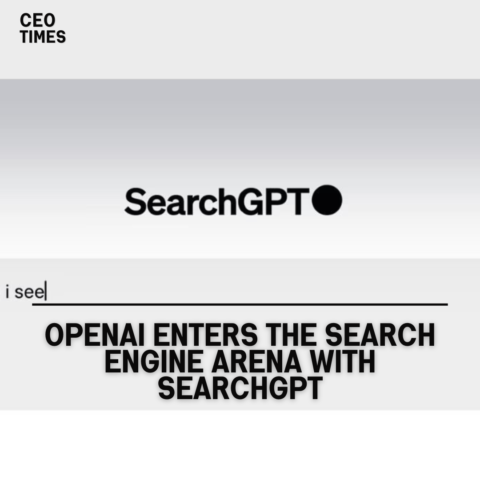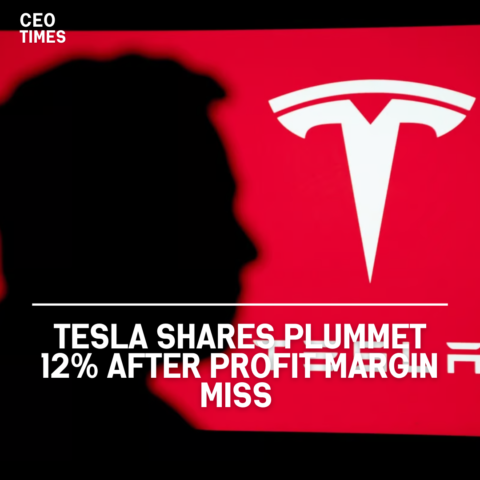Volvo Cars is pioneering transparency in the electric vehicle (E.V.) industry by introducing the world’s first E.V. battery passport.
The Swedish automaker revealed that this innovative feature will debut in the upcoming EX90 SUV, which is set to begin production soon.
Development and Purpose:
The battery passport, developed over five years in collaboration with U.K. startup Circulor, uses blockchain technology to map supply chains.
This initiative aligns with Volvo’s commitment to transparency and sustainability, providing detailed information on the origins of raw materials, components, recycled content, and carbon footprint.
Regulatory Context:
From February 2027, the European Union will mandate battery passports for E.V.s, requiring detailed information on battery composition, material origins, carbon footprint, and recycled content.
Volvo is launching its battery passport nearly three years ahead of this regulation to lead the industry and offer consumers transparency.
Production and Accessibility:
The EX90 SUV, equipped with the battery passport, will start production at Volvo’s Charleston, South Carolina plant and will be available to customers in Europe and North America from the second half of the year.
A simplified version of the passport can be accessed via a Q.R. code inside the driver’s door, while a more comprehensive version will be shared with regulators.
Sustainability and Supply Chain Tracking:
The circular system traces battery materials from the mine to individual vehicles, integrating with suppliers’ production systems to monitor the supply chain. This includes verifying monthly energy bills and renewable energy usage to calculate the total carbon footprint.
The passport will provide up-to-date information on the E.V. battery’s state of health for 15 years, which is crucial for assessing used E.V. values, and will cost around $10 per car.
Industry Impact:
Volvo’s initiative sets a new standard in the automotive industry, emphasizing the importance of traceability and sustainability.
The company’s investment in Circular and other stakeholders, such as Jaguar Land Rover and BHP, underscores the growing focus on battery passports.
Although not mandated in the U.S., interest is increasing due to potential requirements to qualify for E.V. subsidies under the U.S. Inflation Reduction Act.
Challenges and Future Outlook:
Creating a comprehensive battery passport has required significant changes in Volvo’s manufacturing process to trace parts and materials accurately.
Despite the challenges, this initiative positions Volvo as a leader in sustainable manufacturing.
However, if they do not start implementing battery passports soon, many automakers may struggle to meet the E.U.’s 2027 deadline.

